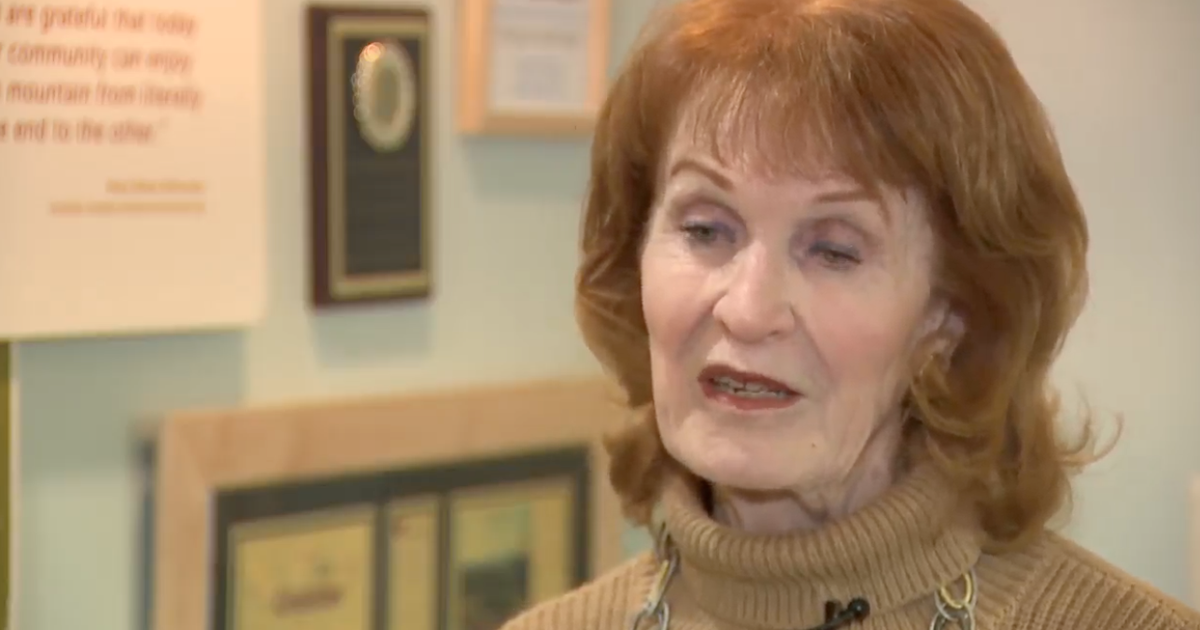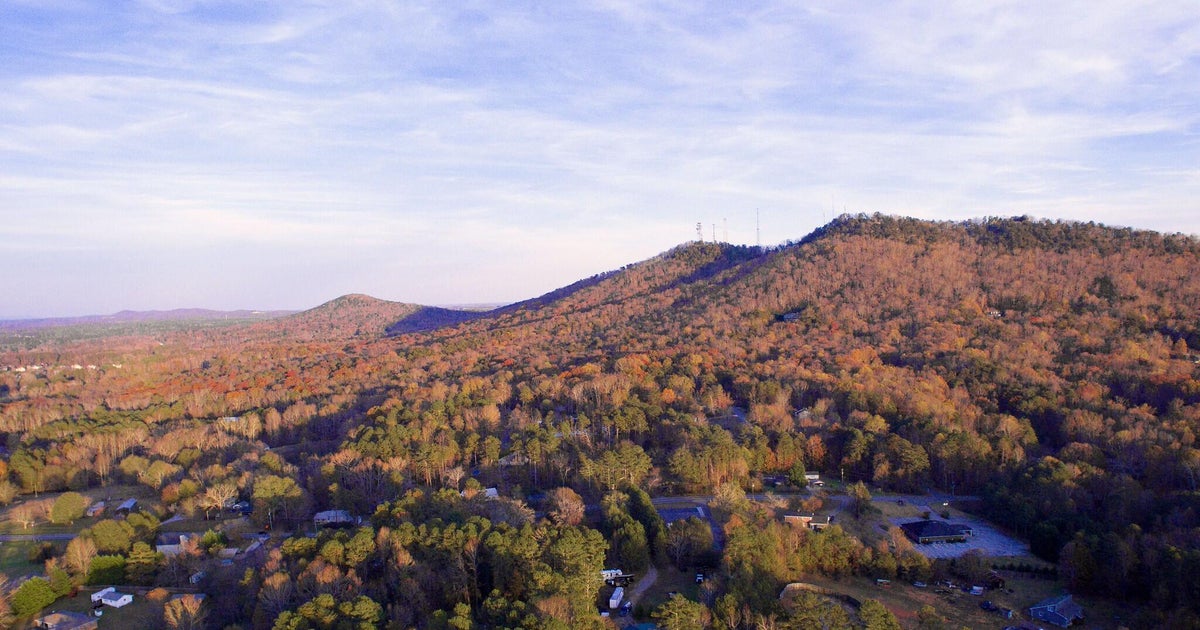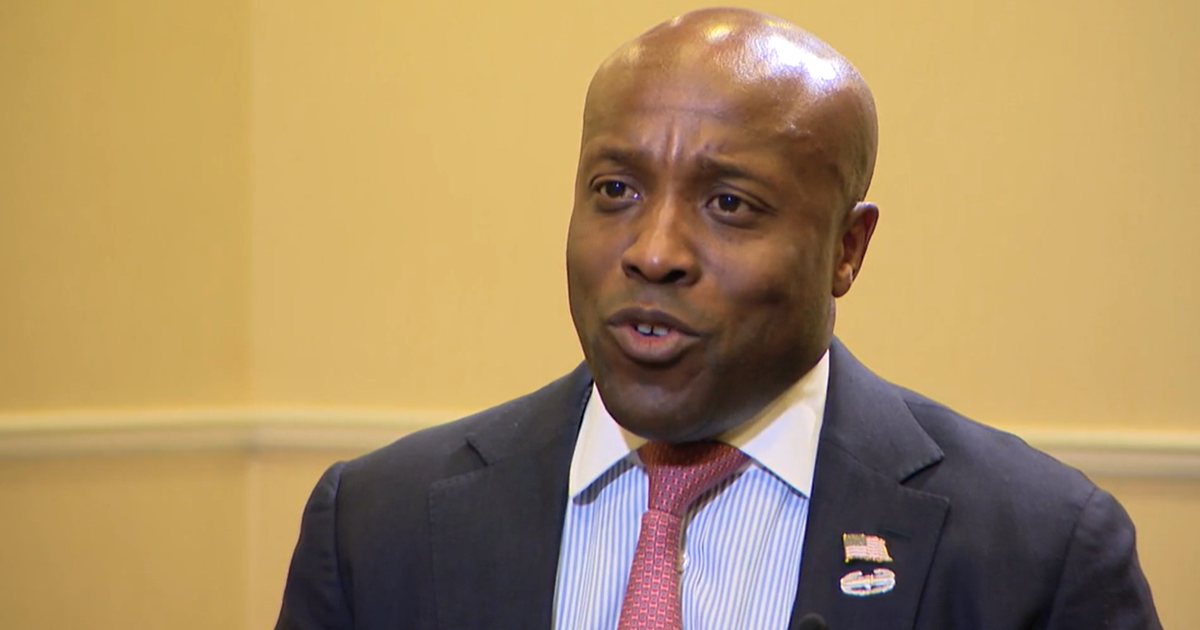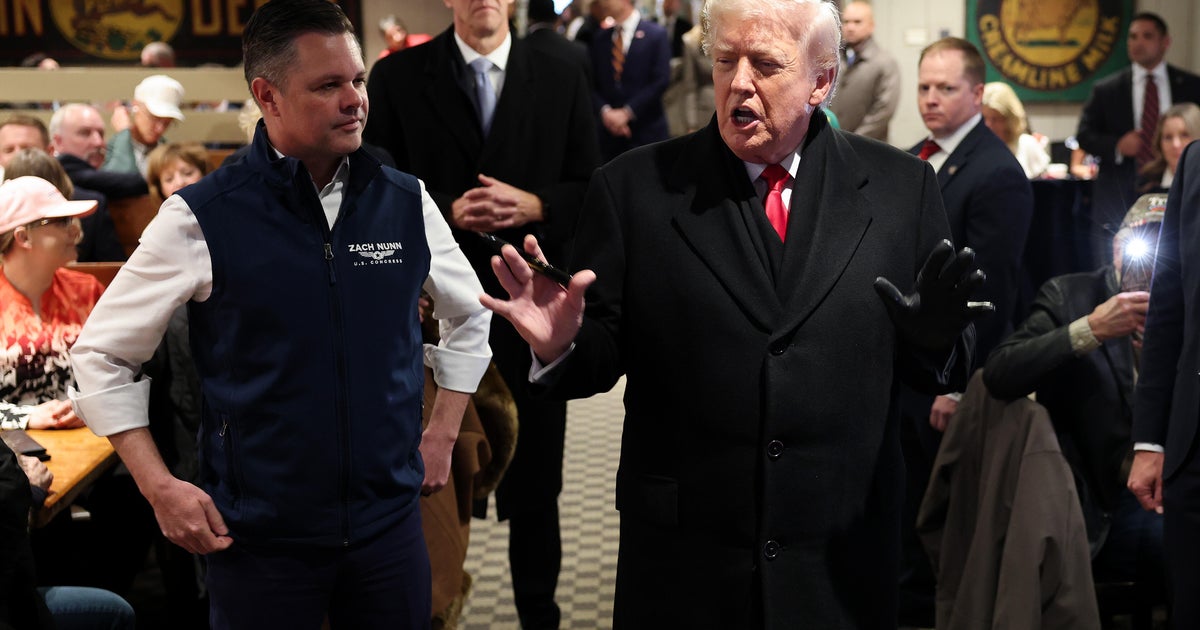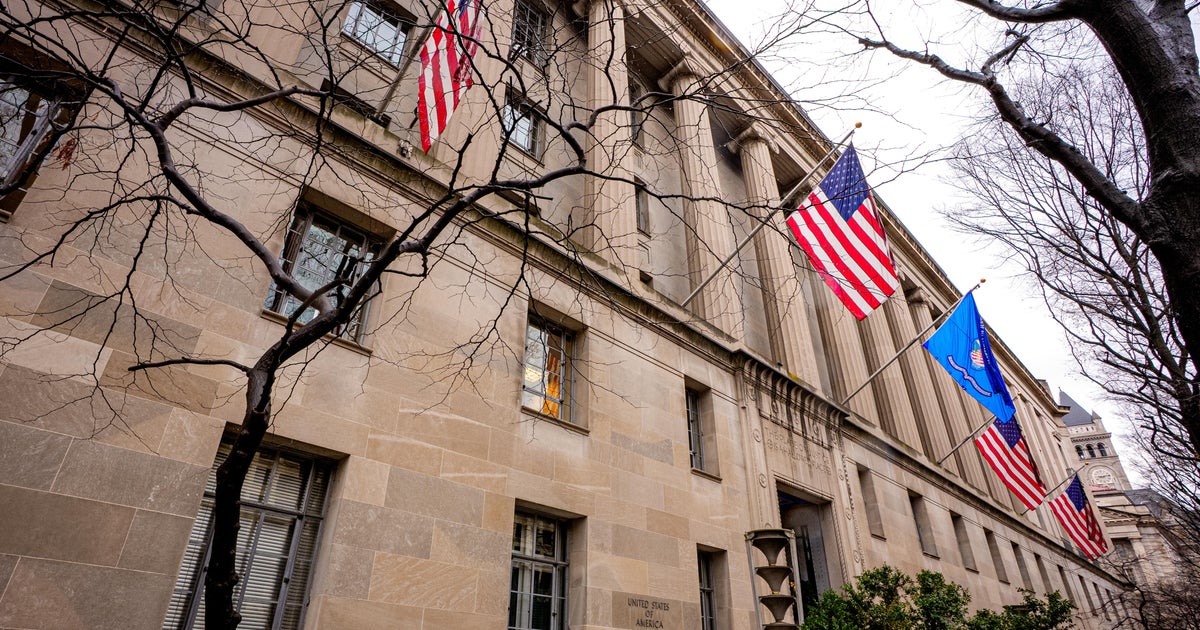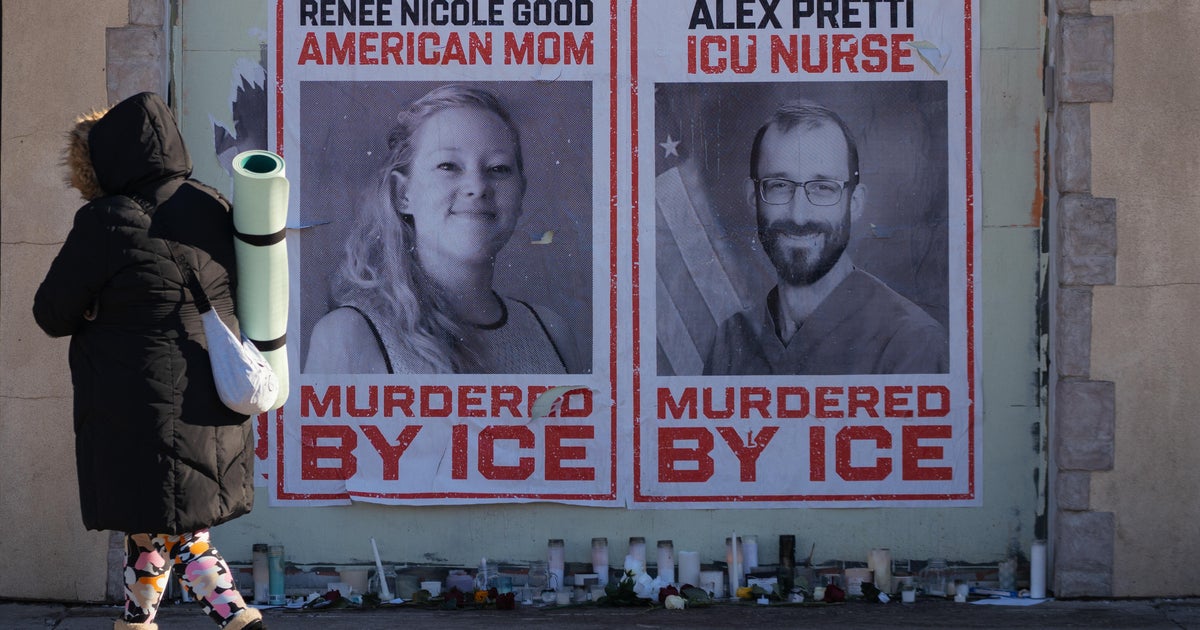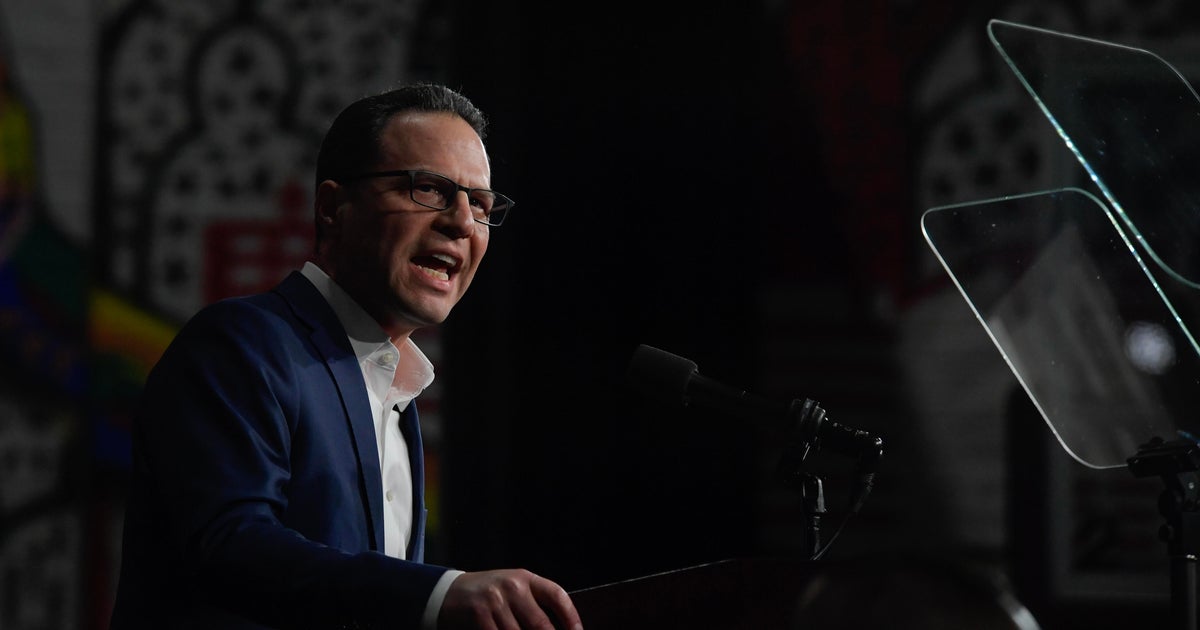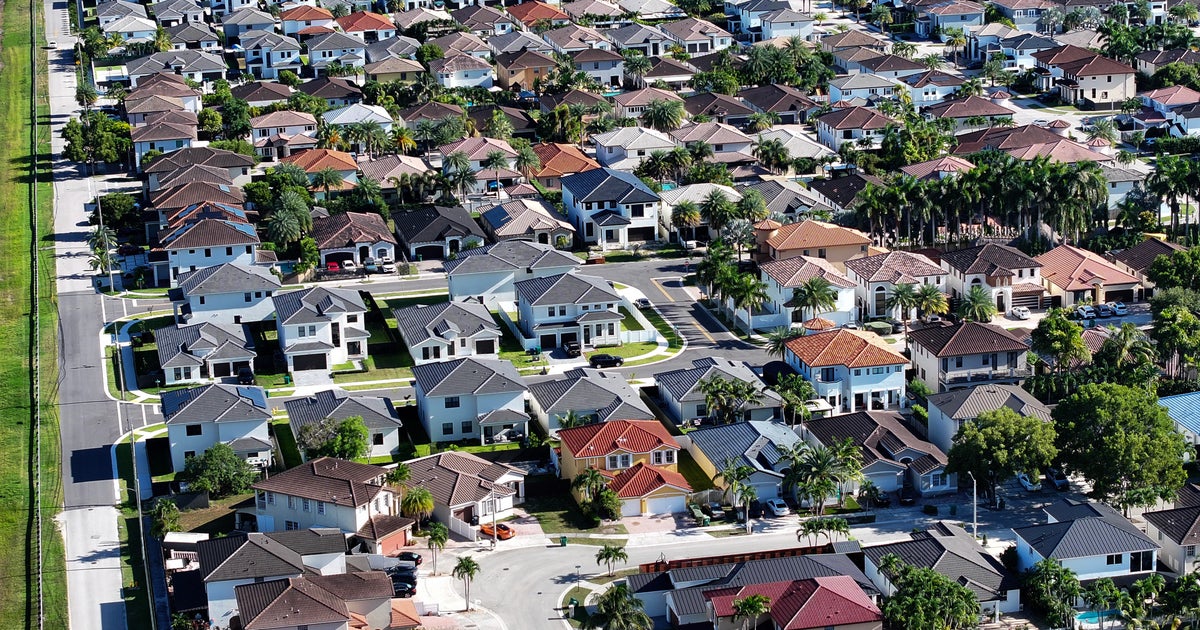Wisconsin Gov. Evers says Trump should be on ballot, and Biden must visit to beat him
Wisconsin's Democratic governor opposes keeping Republican Donald Trump off the ballot in the battleground state, saying that those who think he should be disqualified "can vote against him."
Gov. Tony Evers also told The Associated Press in an interview Wednesday that in order for President Joe Biden to win Wisconsin, he must be a frequent visitor to the state and focus his message on his successes and issues that matter to the middle class, not just the argument that the fate of democracy is at stake.
Evers' comments come ahead of a visit to Wisconsin later this month by Vice President Kamala Harris and ahead of the planned filing Friday of a lawsuit by a Democratic activist aimed at keeping Trump off the ballot, arguing that his involvement in the Jan. 6, 2021, U.S. Capitol riot amounted to unconstitutional insurrection.
Officials in Colorado and Maine have already banned Trump's name from primary election ballots. Trump asked the U.S. Supreme Court on Wednesday to overturn the Colorado Supreme Court ruling from December that stripped his name from the state's ballot.
Removing Trump wouldn't "solve anything because, at the end of the day, I think the U.S. Supreme Court is going to say, 'We're going to let the people decide,'" Evers said.
"Do I think that he has done things that make Donald Trump disqualified?" Evers said. "Yeah, but then people can vote against him."
And while the 81-year-old Biden's age is "of course" a concern, Evers said he can win by showing younger voters why they should care.
"I think democracy is on the line, but we also have to recognize what a great job he has done on infrastructure issues and other things," Evers said, mentioning work to replace lead pipes. "He needs to be here, simple as that."
Democratic U.S. Rep. Mark Pocan agreed, saying Thursday he has told Biden he must come to Wisconsin to highlight his investments in roads, bridges and broadband expansion, and his efforts to bring down inflation and fight climate change.
"He wants to do that," Pocan said of Biden coming to the state. "He certainly understands the importance of Wisconsin."
Four of the past six presidential elections in Wisconsin have been decided by less than a percentage point, making the state one of a small number that could go either way in November. Biden defeated Trump in 2020 by fewer than 21,000 votes, less than 1 percentage point of all votes cast. That came after Trump narrowly won the state by a similar margin in 2016.
Biden has been a frequent visitor to Wisconsin, making seven stops over the first three years of his presidency, most recently on Dec. 20 in Democratic-heavy Milwaukee. Harris is planning to kick off a series of nationwide events focused on abortion rights in Wisconsin on Jan. 22, the 51st anniversary of the Roe v. Wade decision that legalized abortion.
After the Supreme Court overturned Roe v. Wade in 2022, Democrats focused on fighting to restore abortion rights in winning campaigns across the country, including Evers' reelection in Wisconsin. Polls in Wisconsin have shown broad, bipartisan support for legalized abortion.
But the most recent Marquette University Law School poll, released in November, shows that 79% of registered voters said "too old to be president" describes Biden very well or somewhat well, compared with 51% for Trump. Biden and Trump were running about even in the poll.
Evers predicted a "high energy" campaign but was confident that voters will be able to cast their ballots without disruption or violence. He said normal preparations were underway at the state and local levels to ensure a smooth election.
Evers said he anticipated that allowing local elections officials to process absentee ballots the day before an election would help the election run more smoothly. The Senate must pass the bill before it would go to Evers, who has pledged to sign it.
Currently, Wisconsin elections workers cannot process absentee ballots until polls open at 7 a.m. on Election Day. Trump and election skeptics have falsely claimed that late-night releases of ballots in large cities like Milwaukee are the result of election fraud.
Being able to process absentee ballots earlier is "going to make a big difference in making sure that this doesn't run until 4 in the morning, which always gives people on the other side some creeps," Evers said.
There has been widespread concern since 2020 about violence at the polls, overly aggressive partisan poll watchers and breakdowns in the ballot count. Trump has called for pardoning those prosecuted for the Jan. 6, 2021, attack on the U.S. Capitol, continues to insist falsely that the 2020 election was "stolen" and says he will use the federal government to seek revenge on his political enemies.
Trump fought to overturn his 2020 defeat in Wisconsin, losing numerous lawsuits that sought to toss out enough votes to give him the victory. Wisconsin was also one of seven battleground states where fake electors met and attempted to cast ballots indicating that Trump had won, a strategy at the center of criminal charges against Trump and his associates.
"It's unfortunate that a presidential candidate has to declare that he's a winner unless it's stolen from him," Evers said. "That's that's a good reason to vote against somebody like that."
